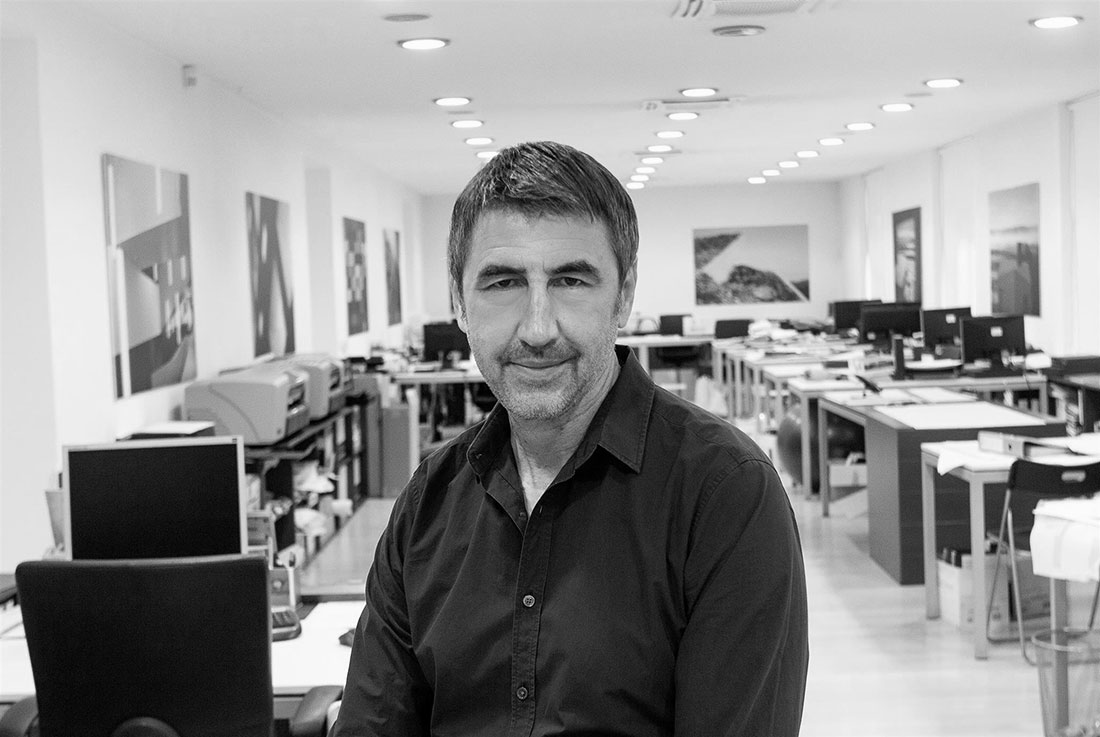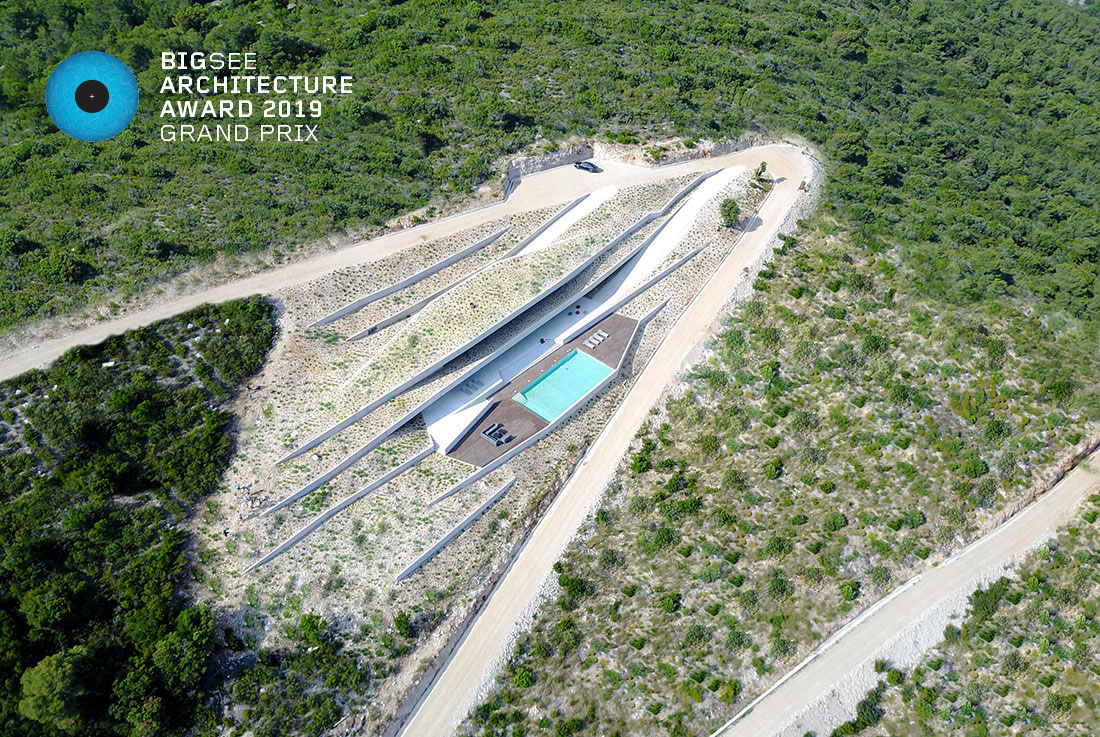
Read more about grand prix winning project ISSA MEGARON here.
Davor Mateković is croatian architect, born in Zagreb, Croatia. He graduated in Architecture from Faculty of Architecture, University of Zagreb . In 1992, he established his own practice PROARH, which has evolved into a multidisciplinary workshop, creating different projects of various functions, typologies, as well as programmatic and spatial dimensions. Proarh’s works have been nominated and awarded with a wide variety of national, regional and international architectural prizes, presented in many exhibitions and published in renown domestic and global profession related publications.
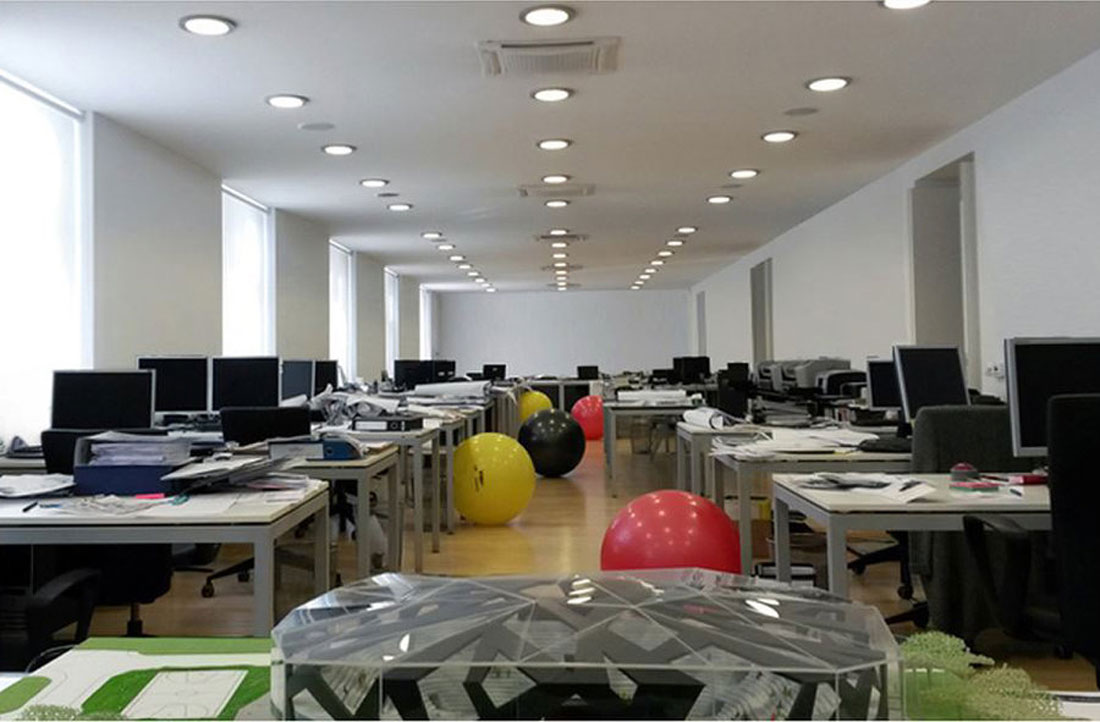
Proarh studio office
Can you start by telling me a little bit about yourself? Who are you?
I am a simple child from Zagreb who, fortunately, realized very early it is only commitment to your work and fair play that can lead to honourable and meaningful life.
How would you describe yourself in three words?
It is rather difficult to talk about myself. Nevertheless, they say I am very dedicated, consistent and persistent.
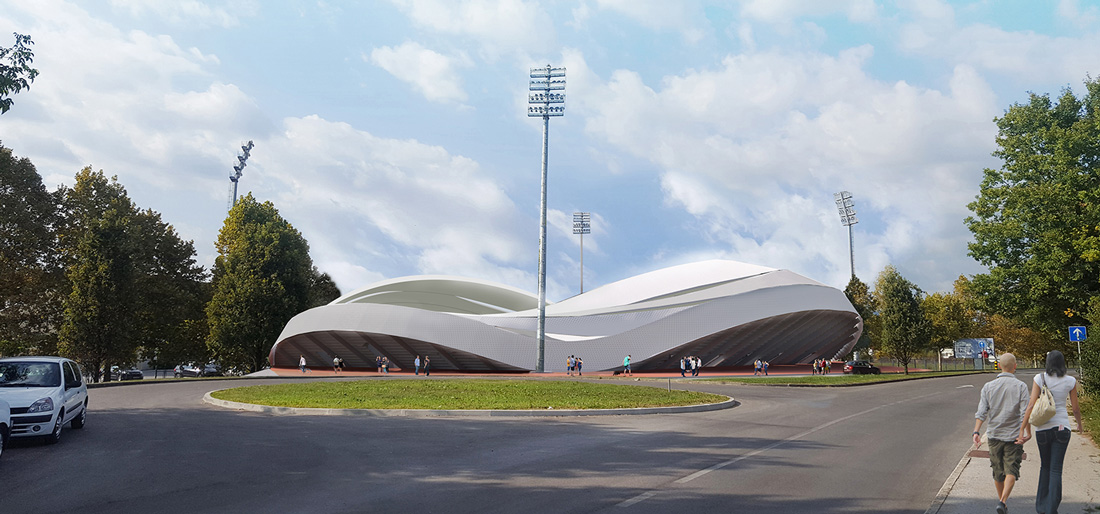
stadium Sesvete, Croatia, 2016
How come you became an architect? What were your ambitions when you started out?
I decided to study architecture rather late, at the end of my secondary school that had an educational programme which had nothing to do with visual creativity. There was a certain moment when I realised that I should try something different, and since I had always liked drawing, I thought I could realize my potential through architecture.
What is your view on planning?
Planning is a process, usually a very intensive process. I personally rely on my own creativity in this process, but I also take into account context and tradition.
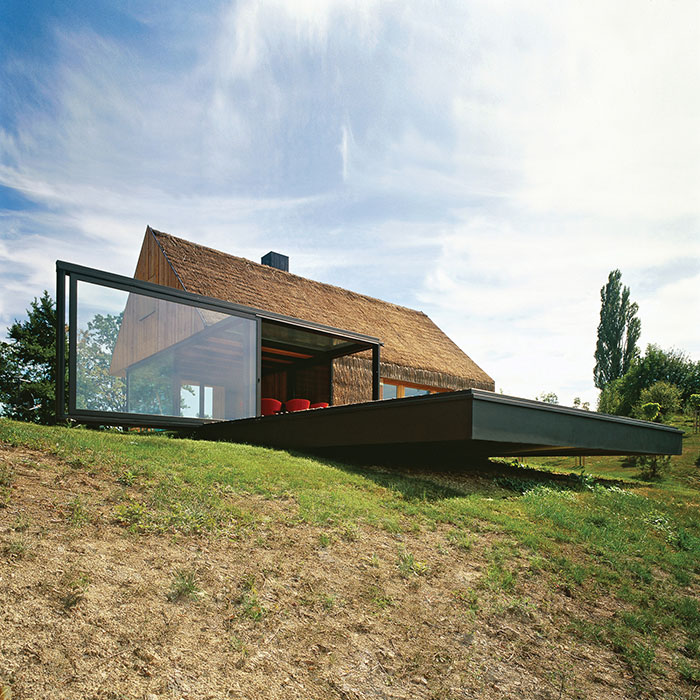
Hiža, Kumrovec, Croatia, 2015; Photo: Damir Fabijanic
Are there any specifics in your country – is there anything that may differ from other countries – making things easier/more difficult?
Problems are the same everywhere, and it is the complicated regulations that make our work even more difficult. By setting up various associations and societies, these rules are becoming more and more regulated and thus also less complicated and limiting for the architects.
What is people’s view on architects in Croatia – are architects respected in your country?
Architecture has lately become one of the topics which occurs in people’s minds and public discussions, especially when it comes to public places and public content. It does not mean that architects’ work is adequately valued, but the society is, nevertheless, becoming more and more aware of the social, socio-economic and aesthetic contributions of architecture, and consequently our profession is slowly getting more valued and appreciated.
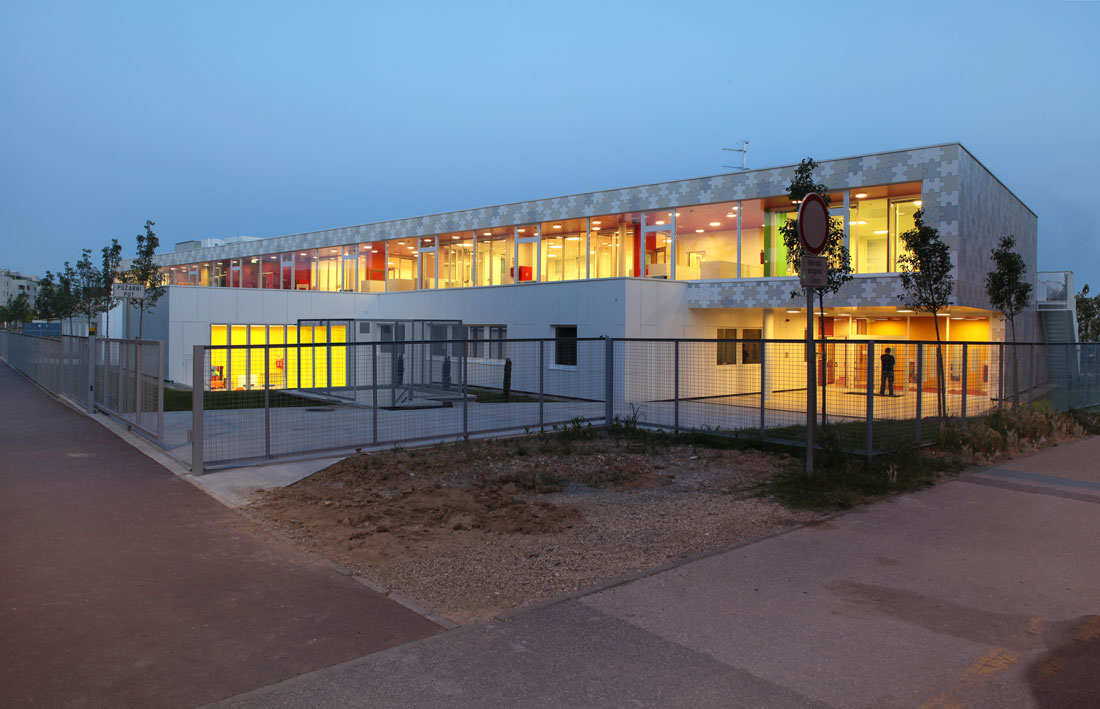
Puzzle kindergarten, Zagreb, Croatia, 2013; Photo: Damir Fabijanic
Besides architecture, what other fields are you most interested in and how do they affect your work?
In general arts, sports and travelling. Arts improve my creative abilities, sports make me feel relaxed and free from everyday stress, while travelling broadens my mind with regard to other cultures and their traditions and diversity.
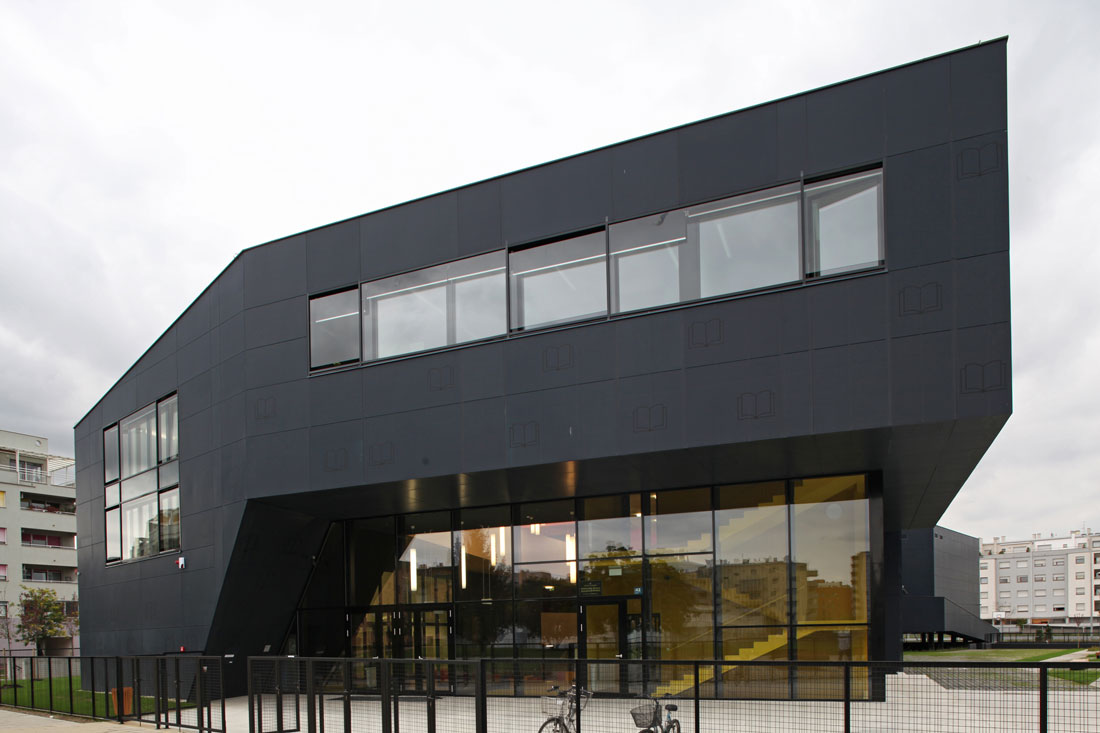
School A.S., Vrbani, Zagreb, Croatia, 2013; Photo: Damir Fabijanic
Which of the talents would you also like to possess?
I like music, but I have to admit that I am very limited when it comes to my auditory abilities. Therefore, I would like to possess a little bit of musical giftedness, to complement my fine-art talent.
What do you appreciate most in the work of other architects?
Consistency, principled behaviour and uncompromising authorial action are the three main qualities I pursue in my own work, therefore these are also the elements I look for and appreciate in others, since I am well aware of how difficult it can be to maintain the autonomy of the creative part of a certain process.
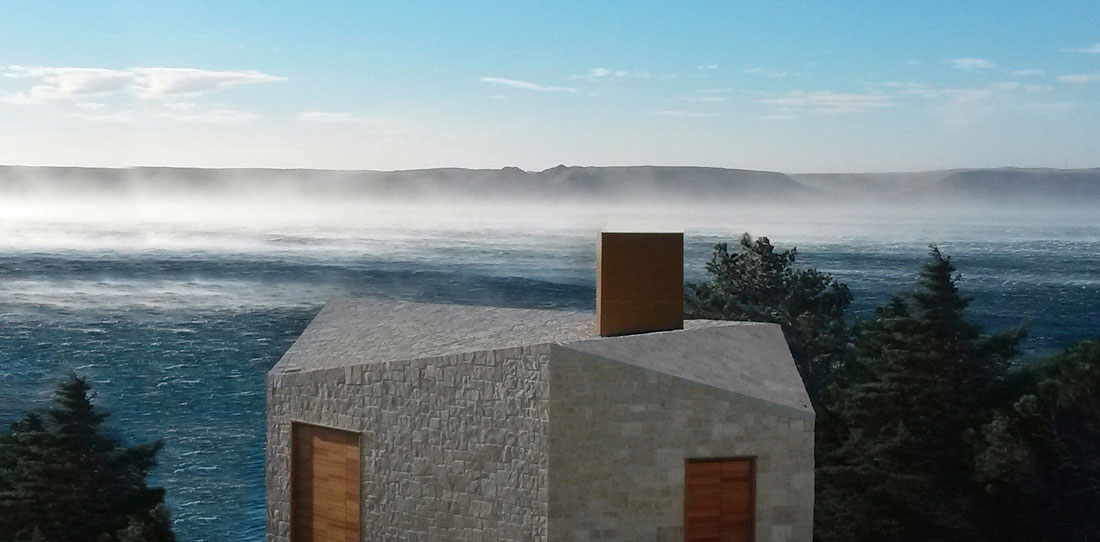
Stone house, Lukovo Šugarje, Croatia, 2014; Photo: Davor Matekovic
Have you ever done anything out of pure curiosity? What was the craziest thing you have ever done?
In my private life I am rather realistic and careful, whereas in my professional life I tend to be curios and I like experimenting and exploring new things. However, innovative and creative dimensions of such experiments still remain within the frames of feasibility and rationality.
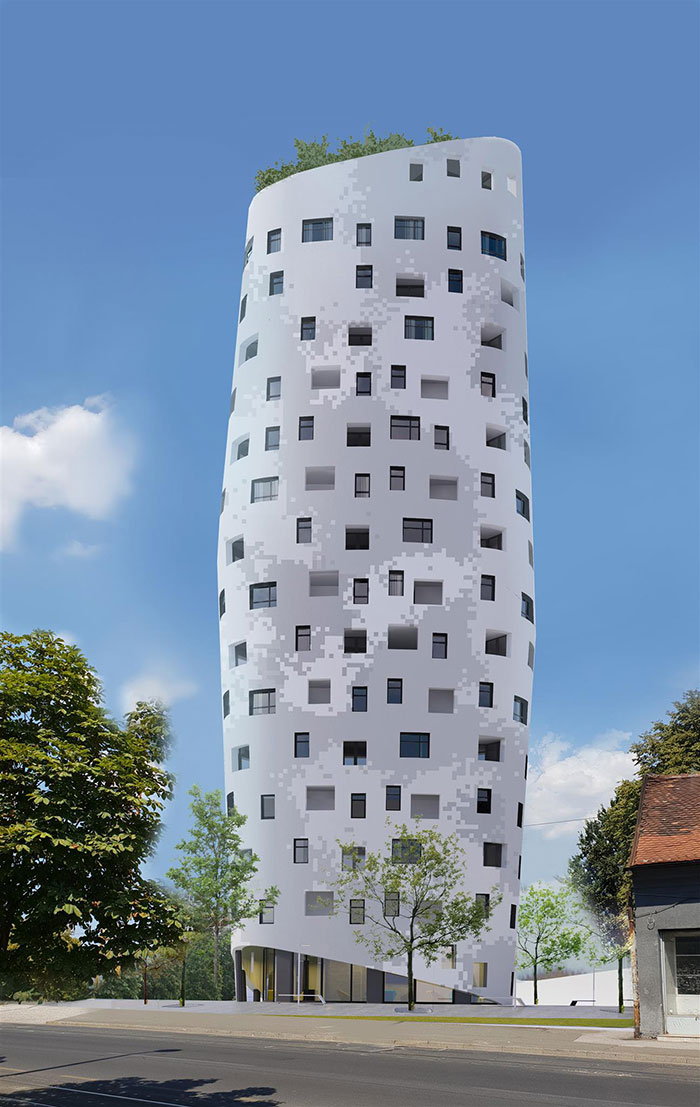
M.O.R.H., Zagreb, Croatia, 2017
How difficult is it for you to be honest if it means your words can be hurtful or unpopular?
Besides being honest and direct, I tend to express my opinions clearly, but I also expect the others to do the same. Sincerity and open communication, without any hidden thoughts, are extremely important to me and they can contribute a great deal to healthy and constructive interpersonal relationships, either in private or business sphere.
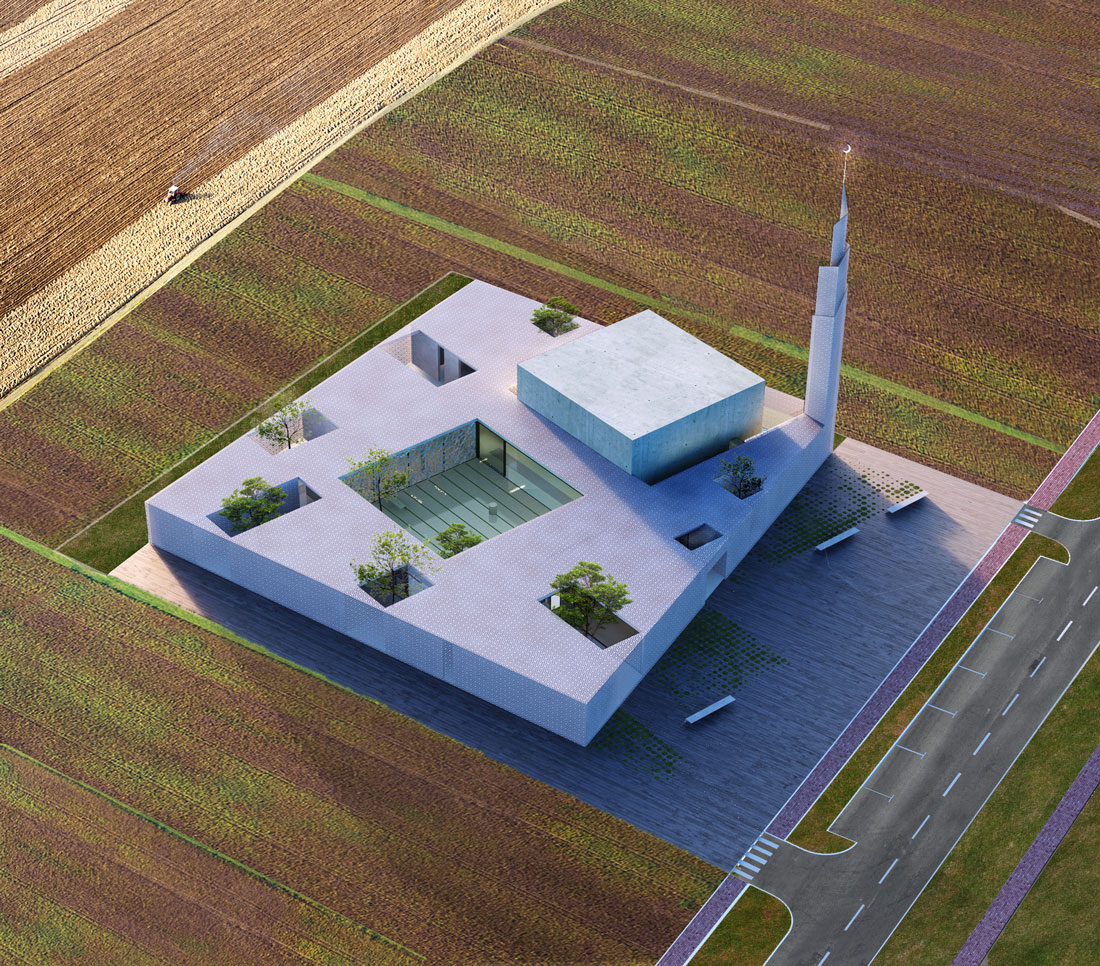
Osijek islamic center with mosque, Croatia
What, in your opinion, are the things we do not appreciate as much as we should?
Generally small things such as dedication to each moment. We shall also pay more attention to the satisfaction of our families as well as our own satisfaction. We should be more aware of ourselves and our environment. We should also be more dedicated to humanism and wellbeing of everyone who is directly or indirectly involved in our existence and activities.
What small things make you happy?
Completely banal, simple, small things like sincere and honest interpersonal relationships as well as visible, minimal changes that occur as a result of one’s commitment and hard work.
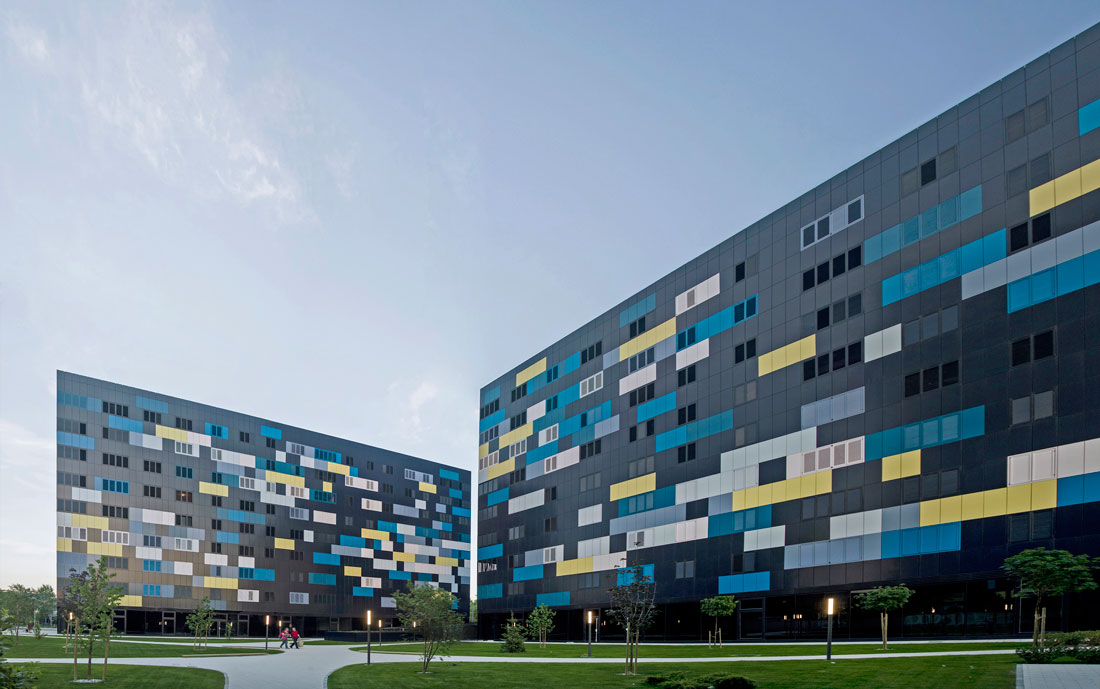
Strojarska residential, Zagreb, Croatia, 2013; Photo: Ivan Dorotić
Do you prefer working in a team or individually?
Teamwork gives me an inner satisfaction. However, a clear hierarchy and an explicit distribution of work are absolutely essential for the proper functioning of any team.
Is there anything you would like to design, but you haven’t had the opportunity to design so far?
We have designed numerous, diverse typologies in various measures. We consider the realisation of some existing typologies that have already been planned far more important than planning some new typologies.
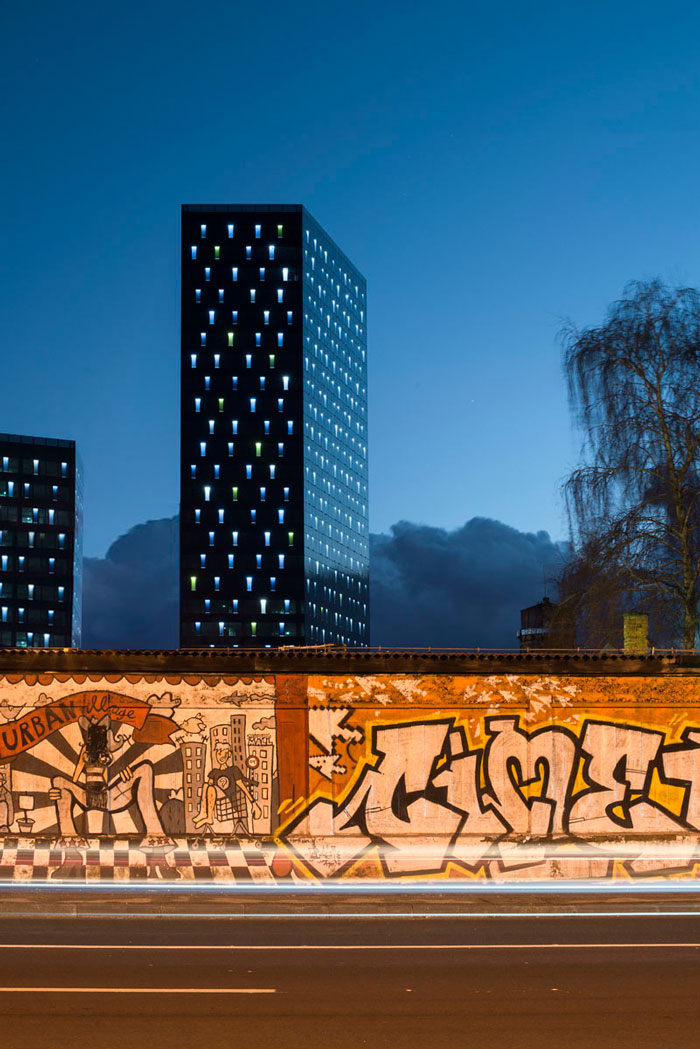
Strojarska Skyscrapers, Zagreb, Croatia, 2014; Photo: Ivan Dorotić
FILE
Interviewer: Danaja Jovandič


